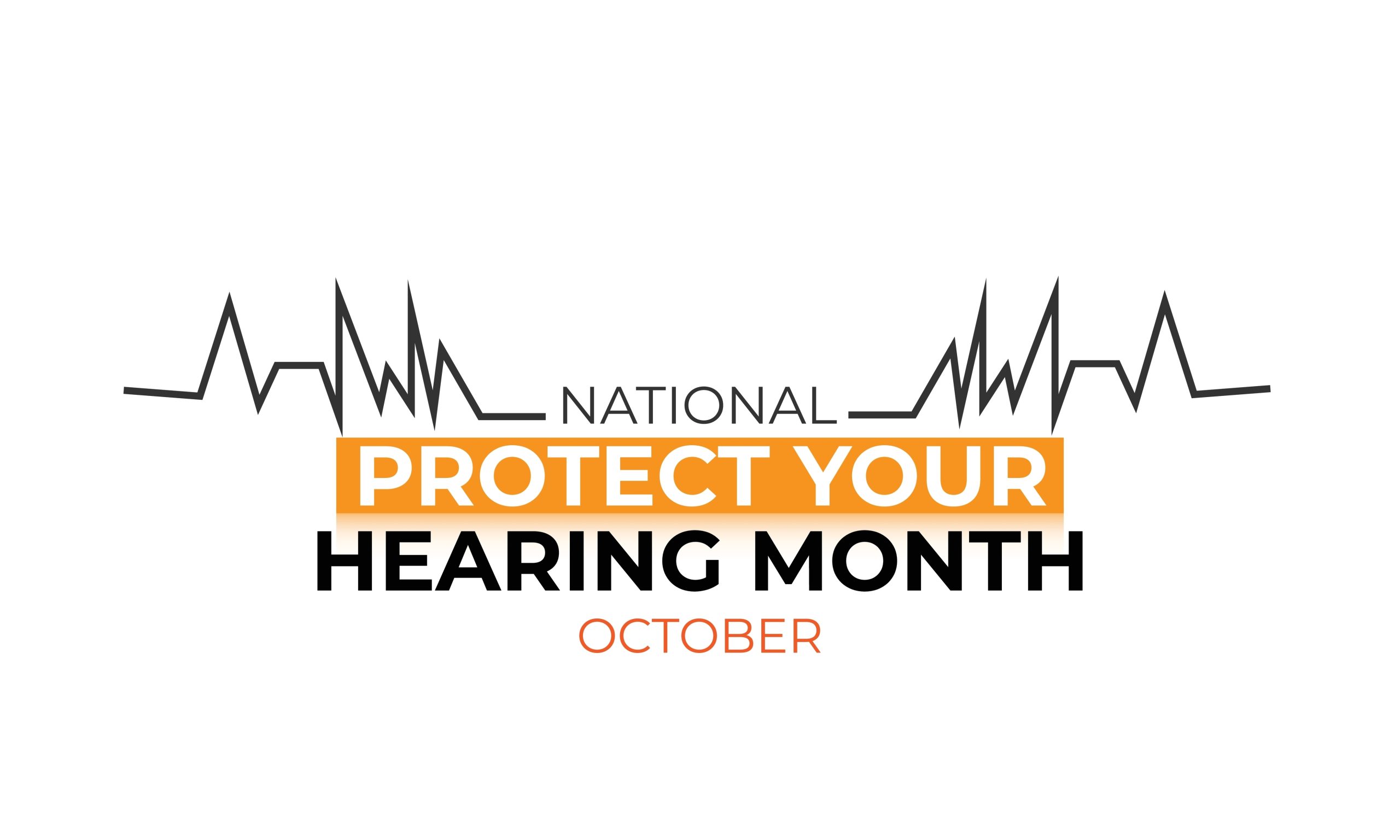
Noise is a ubiquitous part in our daily lives. Whether it’s lawnmowers, vehicles, or our own headphones, the auditory world has intensified. Such loud conditions can negatively impact your hearing if awareness is lacking. October is National Protect Your Hearing Month, making it the perfect time to focus on how to preserve this vital sense.
8 actionable steps to protect your hearing
Luckily, some effortless measures exist that allow you to defend your hearing from routine environmental sounds. The following are eight core recommendations for protecting your hearing health.
1. Understand noise levels and their impact
The most important action for averting auditory damage is to recognize when a sound level becomes hazardous. The volume of various sounds is measured in decibels (dB), and being exposed to them for too long can cause irreversible hearing impairment. A fast summary is below:
- Sounds like heavy traffic or lawn mowers (85–90 dB) can be tolerated safely for a maximum of 2 hours.
- At 100 dB (e.g., motorcycles, construction machinery), hearing damage can begin after only 15 minutes.
- Noises exceeding 110 dB (e.g., explosions, fireworks) can lead to immediate damage in just seconds.
By being vigilant about how loud your surroundings are, you can successfully stay away from settings that are harmful to your auditory health.
2. Determine sound levels yourself
Curious about how loud your environment really is? You can easily gauge it using your smartphone. You can download a range of complimentary sound meter applications to evaluate the noise in your vicinity. For the most accurate results, ensure you measure the sound from your usual distance to the source.
Regular use of this monitoring tool can improve your understanding of your surroundings, facilitating smarter choices about hearing protection.
3. Don’t crank up the volume on your devices
Regularly playing music or podcasts too loudly is a leading contributor to cumulative hearing damage. Headphones and earbuds, while convenient, frequently carry unrecognized dangers. For example, many headphones can exceed 100 dB, leading to hearing loss in just 15 minutes.
Today, over a billion young people are at risk of hearing loss from using earbuds at high volumes. You should never set the volume on your earbuds higher than 50% of the maximum capacity if you want to safeguard your ears. The need to increase the volume past this point to hear indicates that you may already have some hearing damage.
4. Never try to use music to drown out loud noise
For those who reside in loud areas or work in noisy settings, the urge to use headphones to overpower the ambient sound can be strong. However, turning the volume high enough to overpower the noise outside is unwise for your hearing. The recommended solution is noise-canceling headphones, which permit listening to media at a much reduced and safer volume. Should noise-canceling headphones not be an option, simple earplugs are a viable alternative.
5. Always utilize earplugs in noisy settings
Whether you are at a concert, a sports event, or operating loud machinery, earplugs are crucial for those routinely exposed to loud environments. They are a highly effective yet simple hearing protection solution, being compact, inexpensive, and portable.
If you use them often, custom-fitted earplugs can be obtained, offering enhanced protection and a better fit than off-the-shelf versions. You should certainly use them in all environments that are loud.
6. Adhere to safety guidelines at work
If your job involves being around loud equipment or machinery, always comply with safety protocols regarding hearing protection. While some employers may disregard the danger, those who insist “it’s not that loud” might already have serious hearing damage and be unaware of the actual volume. Take necessary steps to protect yourself by complying with all guidelines and wearing the right protective equipment.
7. Distance yourself from loud noise
Often, the best strategy for safeguarding your ears is merely to put distance between yourself and the noise. Distance lowers the intensity of sound reaching your ears, thereby minimize damage. For example, standing 20 feet away from a noise source producing 110 dB reduces it to around 100 dB—safe for up to 15 minutes of exposure.
The example of fireworks is instructive. A firework exploding at 150 dB may seem far away, but if you’re near the launch site, the noise can still exceed 120 dB, causing instant damage. However, by positioning yourself 2,000 feet away (approximately five football fields), you can experience the show at a safer level, under 100 dB.
8. Existing hearing loss needs to be addressed promptly
It’s key to seek help as soon as possible if you have some degree of hearing loss to prevent further deterioration. This kind of impairment will not resolve itself; it only advances. Nearly 1 in 10 adults between the ages of 55 and 64 has noticeable hearing loss, and those numbers rise sharply in older age.
Ignoring the early symptoms of hearing loss only speeds up its progression. Usually, individuals delay seeking professional assistance by a full 7 years. Your ability to protect the hearing you still have is improved the earlier you see a hearing specialist to review options like hearing aids.
Act now for better hearing
The observance of National Protect Your Hearing Month is an great time to place a high value on your auditory well-being. Whether you’ve already experienced some hearing loss or want to prevent future damage, these simple steps can make a big difference.
To avoid future regret, arrange a hearing test immediately and manage your auditory health.